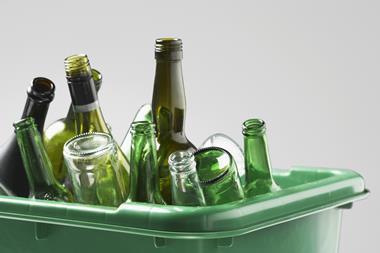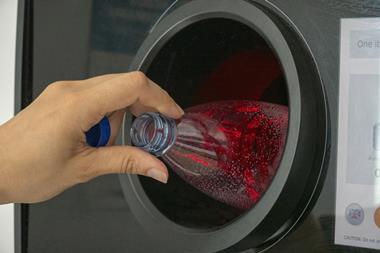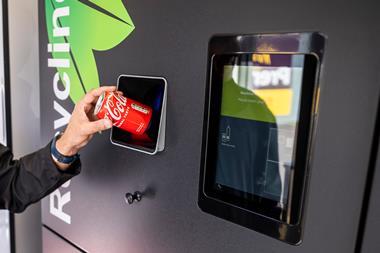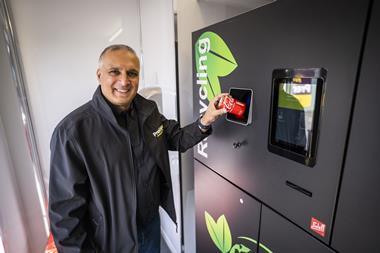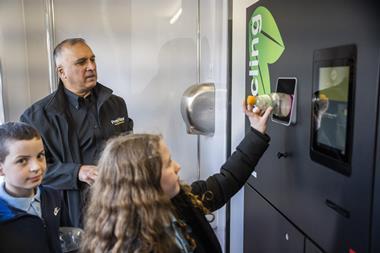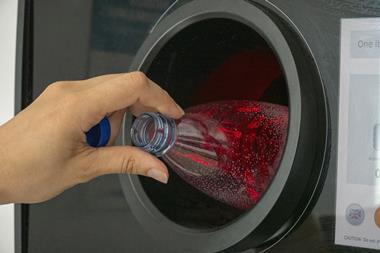Glass should be in DRS for all UK nations, say Scots
By Sarah Britton2023-05-12T00:01:00

Source: GettyImages-1340184352
A poll of over 1,000 Scots revealed they are in favour of including glass in all the UK’s Deposit Return Schemes
ALREADY HAVE A REGISTERED USER ACCOUNT? PLEASE LOG IN HERE
To read the full story join the ConvenienceStore.co.uk community today!
Registration is quick and easy and provides access to:
- Unlimited ConvenienceStore.co.uk articles
- Our great range of newsletters
- Content you’ve saved for later via the ‘my library’ feature
And much more…
Related articles
More from News
Unlimited Access + Newsletters
Register today to gain unlimited access to articles and to receive our great range of email newsletters.



















